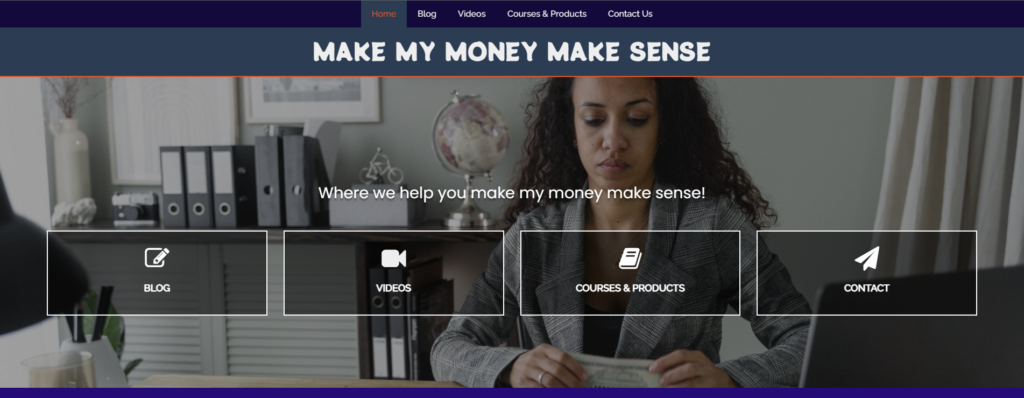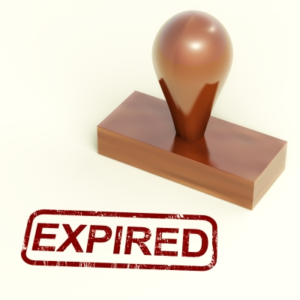Our FREE Monthly Tax Debt Webinar
Join us for our FREE Webinar!
Tax relief companies advertise help for taxpayers in distress — in exchange for an upfront fee, which can be thousands of dollars. They say they’ll apply for IRS hardship programs to lower or even eliminate your federal tax debts. They even promise to stop back-tax collection. But the truth is that most taxpayers are unlikely to qualify for the programs these scammers advertise.
Upon sign up, you will immediately receive instructions on how to join to the webinar, as well as Jared’s special report “5 Questions To Ask Any Tax Resolution Firm BEFORE Paying Them A Dime.”
To learn more visit www.solvemytaxmess.com and then sign up. Space is always limited so don’t miss your chance to attend this exclusive event!



